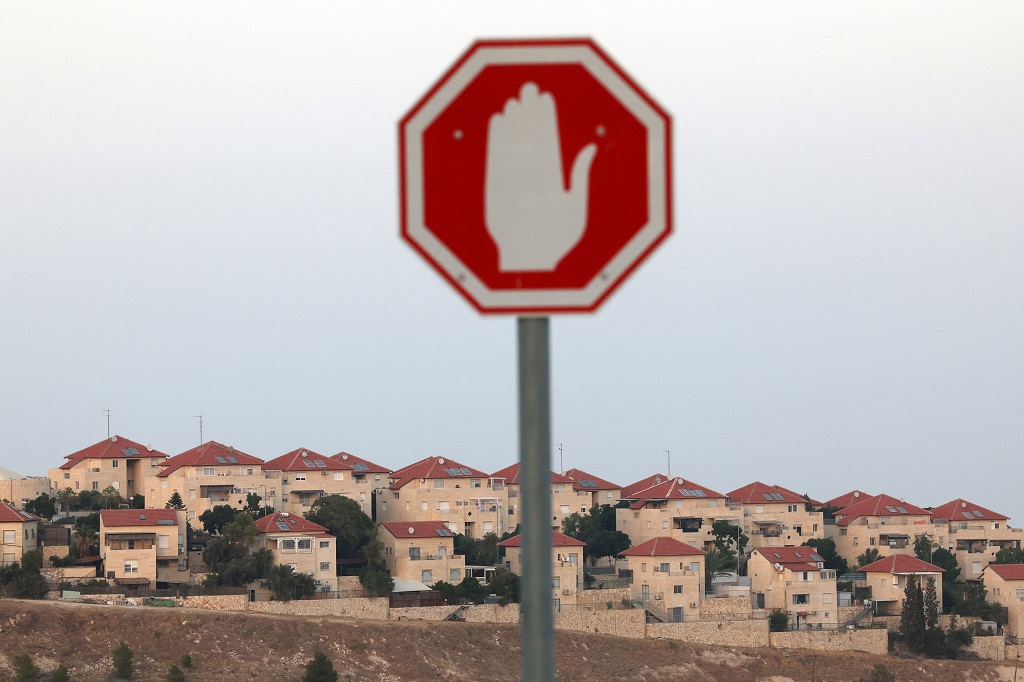JERUSALEM, March 7, 2016 (WAFA) – An Israeli tour guide who accompanies settlers entering Al-Aqsa Mosque, Monday assaulted one of the Mosque guards sparking tension in the holy site.
According to WAFA correspondent, the tour guide attempted to perform religious prayers in the Mosque’s yard prompting the guard to intercept him. The tour guide then attacked the guard, causing other Palestinian worshippers to gather and defend the guard.
The Israeli police then escorted the Israeli tour guide outside the compound.
This came as Israeli settler groups broke into Al-Aqsa Mosque under heavy security protection while Palestinian women who were banned from entering the compound protested in front of one of the gates to protest the rule against them.
Al-Aqsa Mosque, the third holiest place for Muslims, has since 1967 been the center of the ongoing Palestinian-Israeli conflict. While it is widely known as Al-Aqsa Mosque compound, Jews refer to the site as the “Temple Mount” and believe it was the site of two Jewish temples destroyed in ancient times.
Although the site is the location of Al-Aqsa Mosque and Dome of the Rock, two of the most holy destinations for Muslims, hundreds of Jewish settlers regularly attempt to legalize prayer at the compound, a move that will “inevitably” trigger Palestinians and the Muslim world.
Israeli media reported that though the Supreme Court upholds Jews’ “theoretical” right to pray at the compound, it gives the security services the green light to ban Jews from performing rituals should such action result in potential unrest.
Prime Minister Benjamin Netanyahu vowed to maintain the status quo and that “Israel‘s policy towards a ban on Jewish prayer… would not change”, a statement which came after Housing Minister Uri Ariel suggested that the Al-Aqsa Mosque could be replaced by a Jewish temple.”
Despite of the ongoing expansion of Israeli settlements in the West Bank and demolishing of Palestinian-owned homes, Israeli officials remain cautious when dealing with Al-Aqsa Mosque as they believe changing the status quo would lead to a third Palestinian intifada ‘uprising’.
The site has been at the heart of unrest in recent months as Palestinian protesters took to the streets over frequent and increasing Jewish visitors to the holy compound.
Palestinians worry if Jewish visitors were allowed to pray in the mosque, it would eventually lead to a permanent change which will result in full Israeli control and ban on Muslims’ prayer.
Such fears are not groundless; Palestinians claim their fear stems from ongoing Israeli policy which prevents Palestinians living in the West Bank from obtaining permits to enter Jerusalem to pray at Al-Aqsa Mosque and many restrictions on Jerusalemites’ entry to the holy Compound, including holding their identity cards until they leave the mosque.
For Palestinians, allowing Jewish settlers to enter and pray in the Mosque could potentially lead to a repeat of al-Ibrahimi Mosque massacre and subsequent division of the holy site.
After an Israeli armed settler walked into the Hebron Mosque at dawn and gunned down 29 Palestinians and injured 200 others while praying, the mosque was divided between Palestinians and Israelis, giving Israelis the bigger section and ultimate control over the compound. The old city of Hebron became off s for Palestinians, paralyzing the city’s central part.
M.H










